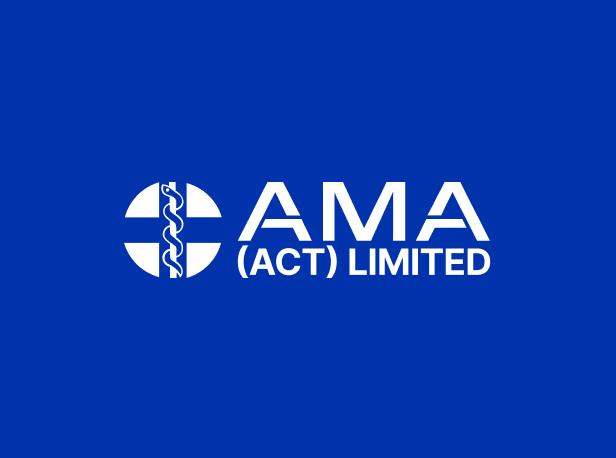Doctors’ Health and Mandatory Reporting: Time for Change (Canberra Doctor - May/June 2017)
The recent announcement from Federal Health Minister, Greg Hunt, of $47m in funding for suicide prevention is very welcome. Of that amount, $1m has been specifically set aside to support mental health and reduce suicide in the health workforce.

Greg Hunt, Federal Health Minister
Suicide and all its effects is a tragedy and felt even more keenly by the medical profession when it is another doctor. The recent suicides of young doctors in Victoria and NSW, in particular, have highlighted the issue and given considerable pause for thought.
While there is a wide range of factors involved in suicide, we know that early intervention is likely to be critical in avoiding many of these tragic losses. Unfortunately, the reality is that there are significant barriers, real and perceived, that prevent some doctors from seeking access to formal health care.
Mandatory reporting
Both at the AMA National Conference and via the general and industry media, the likely adverse impact of mandatory reporting has had on doctors’ willingness to seek care has been raised.
Mandatory reporting for doctors was introduced by most states and territories, including the ACT, in 2010 by adopting the uniform National Law. While concerns had been expressed in regard to mandatory reporting at the time of the introduction of the National Law, with the exception of Western Australia, all Australian state and territory jurisdictions moved to adopt mandatory reporting as part of the National Law.
In WA, the AMA WA successfully lobbied for a provision to exempt treating practitioners from the requirements of mandatory reporting.
While the intention of the mandatory reporting part of the National Lawon was to ensure the protection of the public by requiring doctors and other health practitioners to report colleagues under defined circumstances, the AMA, medical colleges, and the medical defence organisations have been concerned for some time that this provision creates a barrier to health professionals in accessing health care, particularly in relation to mental illness.
An extensive study of over 12,000 doctors undertaken by beyondblue in 2013 revealed that one of the most common barriers to seeking treatment for a mental health condition were concerns about the impact of this on medical registration.
AMA Response
The Federal AMA has written to Health Minister, Greg Hunt, seeking his support to amend the National Law so as to not dissuade medical practitioners from seeking necessary medical treatment or assistance. In response, a spokesman for the Minister has said the Federal Government will work with state governments to ‘‘establish a common national standard to protect the mental health of doctors’’.
AMA NSW has also been in discussions with the NSW Health Minister who has undertaken to raise the matter at the Health Ministers’ Council.
Locally, the AMA (ACT) has written to Health Minister Meegan Fitzharris expressing our concerns in regard to mandatory reporting and urging the ACT Government to support change that would facilitate medical practitioners accessing care.
ACT Health Minister, Meegan Fitzharris
The Federal AMA President, Dr Michael Gannon, while renewing calls for WA-style exemptions, had the last word when he said ‘‘I think the changes will happen in NSW and I’m very hopeful it will be in the other states. It’s not a difficult change [making changes to mandatory reporting]. ‘‘My only fear is that the government will think that’s doctors’ health is ticked. It’s far more complicated than this.’’